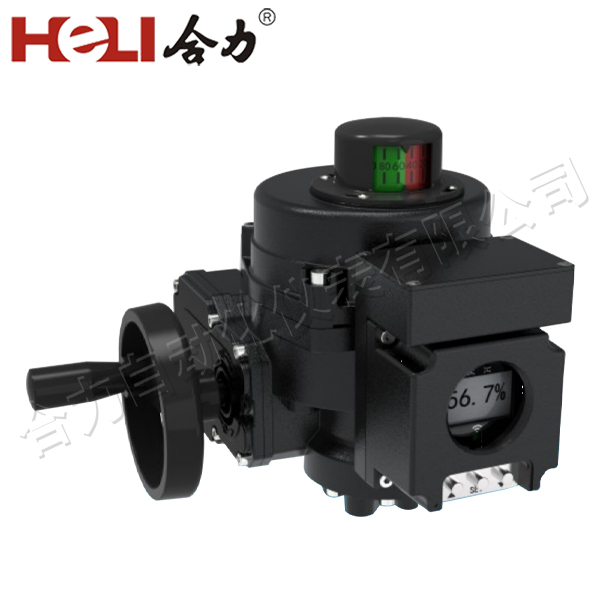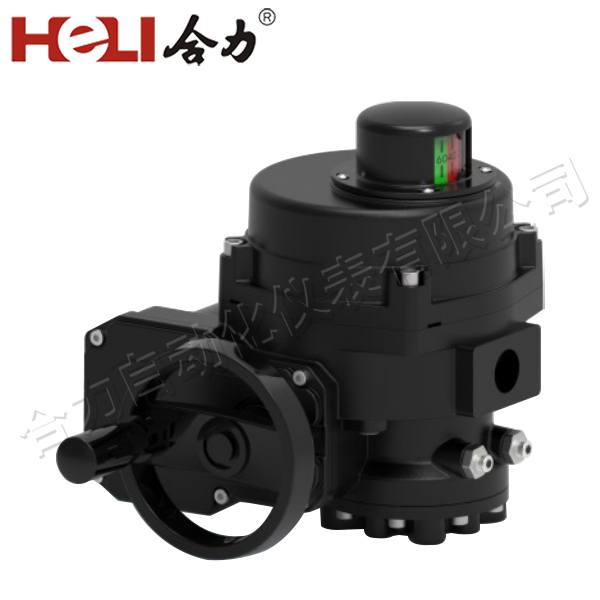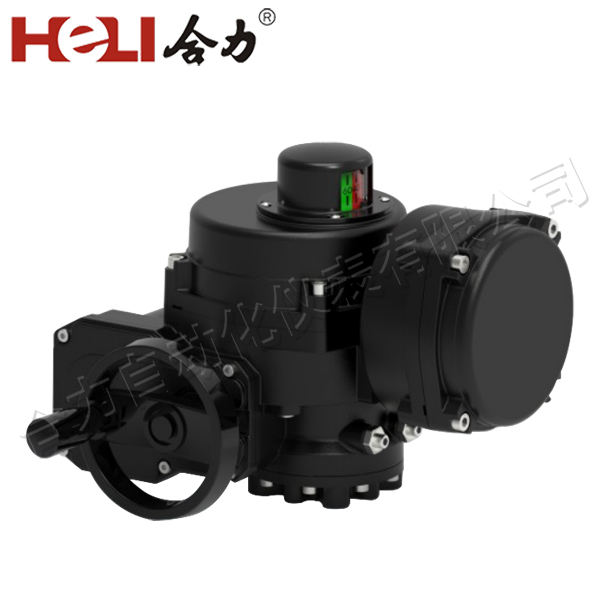Lithium battery electric actuators are gaining increasing attention due to their efficiency, reliability, and growing importance in various industries. These innovative devices, which integrate lithium-ion battery technology with electric actuation systems, offer numerous advantages over traditional pneumatic or hydraulic actuators. In this article, we will explore the fundamentals of lithium battery electric actuators, their key benefits, and the diverse applications that are driving their popularity in today’s technology-driven world.

What are Lithium Battery Electric Actuators?

At their core, lithium battery electric actuators are devices that use electric motors powered by lithium-ion batteries to create motion. These actuators convert electrical energy into mechanical motion, making them ideal for various applications where controlled movement is essential. The combination of lithium batteries and electric motors allows for efficient energy storage, long-lasting power, and precise control over motion. Unlike conventional actuators that rely on compressed air or hydraulic fluids, lithium battery electric actuators operate on electrical power alone, making them more environmentally friendly and easier to maintain. The integration of lithium-ion batteries, which are known for their high energy density, contributes to the actuator’s ability to perform tasks over extended periods without requiring frequent recharging or replacement of power sources.
